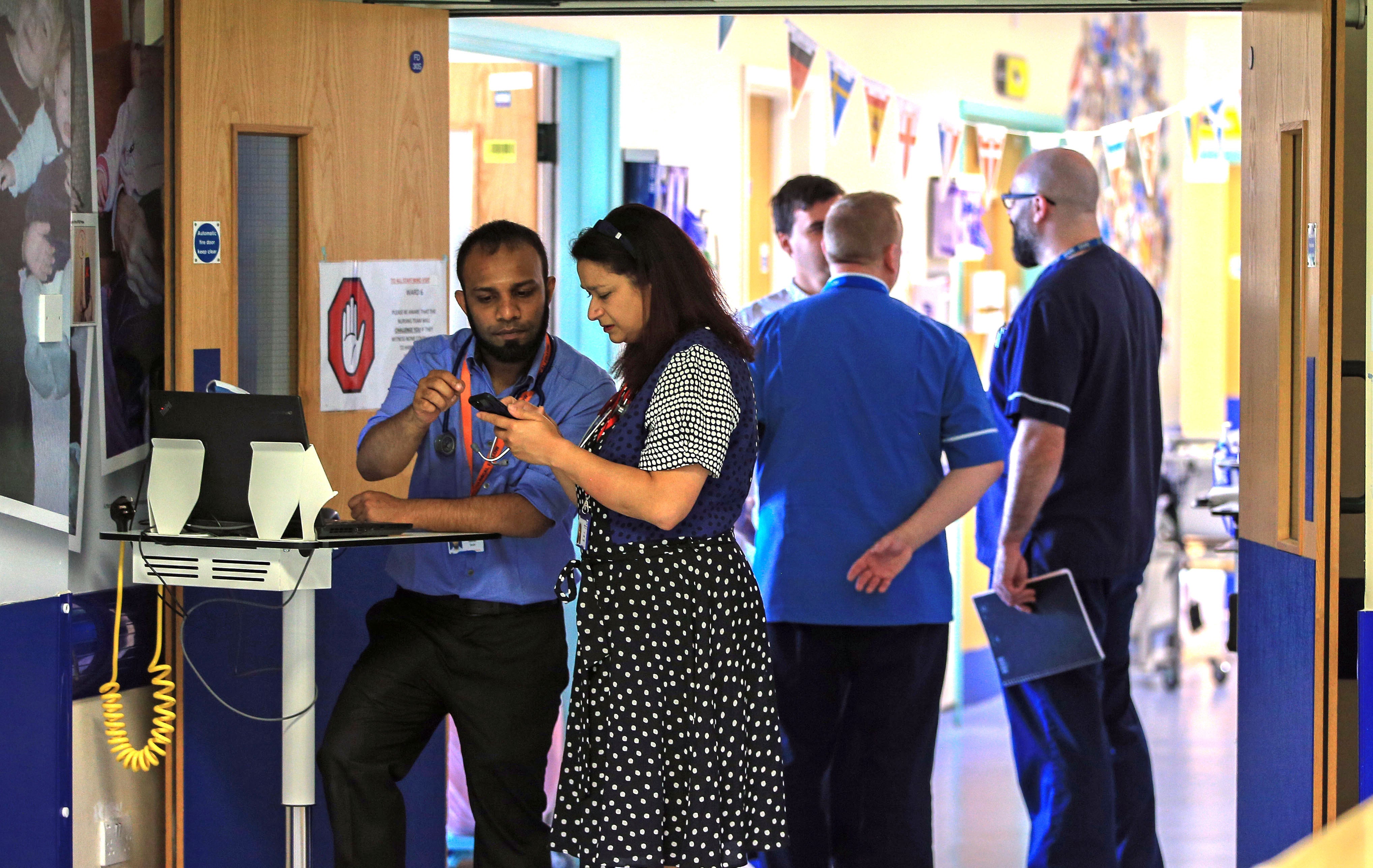First case of monkeypox detected in Scotland
Contact tracing is underway, Public Health Scotland has said.

Your support helps us to tell the story
From reproductive rights to climate change to Big Tech, The Independent is on the ground when the story is developing. Whether it's investigating the financials of Elon Musk's pro-Trump PAC or producing our latest documentary, 'The A Word', which shines a light on the American women fighting for reproductive rights, we know how important it is to parse out the facts from the messaging.
At such a critical moment in US history, we need reporters on the ground. Your donation allows us to keep sending journalists to speak to both sides of the story.
The Independent is trusted by Americans across the entire political spectrum. And unlike many other quality news outlets, we choose not to lock Americans out of our reporting and analysis with paywalls. We believe quality journalism should be available to everyone, paid for by those who can afford it.
Your support makes all the difference.Scotland has recorded the first case of monkeypox in the country, Public Health Scotland (PHS) has confirmed.
The person is “being managed and treated in line with nationally agreed protocols and guidance”, according to Dr Nick Phin, the medical and public health science director at PHS said on Monday.
Dr Phin described the risk to the public as low, but warned anyone with “blister-like sores” on their body to seek medical attention.
On Friday, the UK Health Security Agency (UKHSA) announced 20 people in England had been confirmed to have the virus, with more expected.
The overall risk to the general public is low
The agency did not confirm details of the person being treated in Scotland, or where they were located, but said close contacts were being traced and would be given support, including the possibility of a vaccination against the virus.
Dr Phin said: “Public Health Scotland is aware of an individual in Scotland who is confirmed to have monkeypox.
“The affected individual is being managed and treated in line with nationally agreed protocols and guidance.
“We have well established and robust infection control procedures for dealing with such cases of infectious disease and these will be strictly followed.
“We are working with NHS Boards and wider partners in Scotland and the UK to investigate the source of this infection.
“Close contacts of the case are being identified and provided with health information and advice. This may include the offer of vaccination.”
He added: “The overall risk to the general public is low.
“Anyone with an unusual blister-like rash, or small number of blister-like sores on any part of their body, including their genital area, should avoid close contact with others and seek medical advice if they have any concerns.”
Initial symptoms of the virus include fever or high temperature; head, muscle and back ache; swollen lymph nodes; chills and exhaustion.
A blister-like rash or small number of blister-like sores can also develop, starting on the face but spreading across the body.
The rash changes throughout the infection, finally forming a scab which falls off within weeks.
Those with the virus are infectious between the time that symptoms start and when the last scab falls off, Public Health Scotland said.